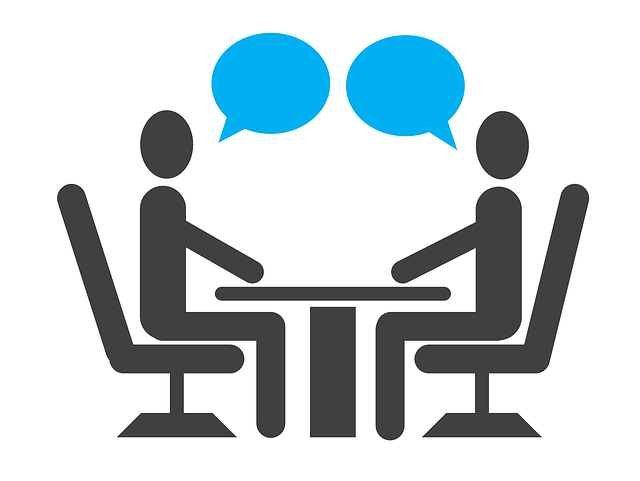
Introduction
Many times it happens that you give an interview quite well and still remain unsure why the HR never called, even after saying that popular line, ‘We will Call You Back.’ While waiting for feedback, it feels like you have been waiting for ages, but you never receive the call back. So in this blog, I will explore different ways by which you can get rejected in job interviews.
Scenario 1: Rejected in Job Interview
The first entry point of job interviews is your resume/curriculum vitae/profile that you create on job portals. Many times, the work you do on the skills mentioned on your CV is not directly asked in interviews. Questions asked in interviews might be completely different from the work you do. My first interview ended in five minutes because before that, I was not aware of this difference.
During my professional tenure, I have taken interviews of high performers who were not able to reply to basic questions related to their skills mentioned on their CV. Lesson Learned: The work you do and the questions asked in interviews might be different. So be prepared with all basic questions related to your skills mentioned on your resume.
Scenario 2: Candidate Experience
During the free communication session that we conduct for Interviews Preparation, another interesting experience came up. One learner shared that during the last round of his latest interviews at a certain company, he was asked about his interests. He mentioned, ‘I like politics, and XYZ political party is my favorite one.’ Although he had performed quite well in all other rounds, he did not receive the Offer Letter.
Was his answer a red flag? Not entirely, but it could change your candidature depending on whether the person conducting the interview shared the same political inclination. Lesson Learned: Avoid sharing your political, religious, gender, cultural, or geographical opinions that could clash with those of the interviewer during interviews.
Scenario 3: Candidate Experience
It’s not always that everyone likes their work culture and the work practices being followed at the workplace. Badmouthing your previous company, work culture, or individuals at any level during interviews projects you as a candidate with negative traits. During one such discussion, another experience came up where one of the candidates performed well in all rounds of interviews.
When the interviewer asked, ‘Why did you leave your previous organization?’ the candidate replied, ‘I was not happy with the way product testing was done in my previous organization. Because of the practices being followed there, it always resulted in a poor-quality product.’ Was this answer avoidable? Certainly yes. Even after completing all rounds of the interview, that candidate never received a callback from HR. Lesson Learned: Don’t carry the negative baggage of your previous company into your current interviews.
Scenario 4: Rejected in job interview
I was appearing for an interview for the NCR location and the interview was going quite well. During the interview, I received an important family call. I asked the interviewer to give me a minute to take the call, to which he agreed. I took the call and rejoined the interview, but by mistake, I left the laptop’s audio on. The interviewer started relating my tone to my native place.
I never shy away from the fact that I belong to Bihar, and if my tone reflects that, I have zero worries about it. Although I handled the interview well. however, when the HR called to check about how the interview went, my response was, ‘It does not matter if I am selected or rejected, but I am not happy with the way your interviewer remarked on my communication. Even if I am selected, I cannot join such an organization having people with regional bias.’
Later on, as part of improvement, I have tried to ignore regional influence on my communication. Lesson Learned: Many times, interviewers are biased. More than getting selected, you have chances of getting rejected. While as an interviewer, it’s your responsibility not to be biased, but as a candidate, you shall be open to improvements.
Scenario 5: Rejected in job interview
Many times after a specific interview, you may feel that the interview went well and expect to receive calls from HR for further interviews, but to your surprise, you never pass that interview. During the initial days of my career, one such incident occurred during an interview for a product-based company. My interview was going quite well, and the interviewer seemed pleased with my responses.
He asked one last question to differentiate between a 32-bit Operating System and a 64-bit Operating System. Although I replied, I couldn’t recall the architectural differences between these two and then never received a further call from them. Was this single question enough to result in rejection, considering I had already answered all questions for 35-40 minutes? Maybe yes, maybe no. Lesson Learned: You are not selected until you have an offer in hand, and even one small mistake can be enough to get you rejected.
Scenario 6: Selected
We will not end this discussion with only negative scenarios. I had appeared for an organizations interview. After initial formalities I was asked to join a conference call. Two interviewers in next ten minutes asked me 10 short questions and I replied 9 of them. Only one round of interview happened that day. No further round happened. HR called me EOD and offered a 70 percent hike .
Till now I am not sure how they judged me in ten minutes , reasons can be many. Lesson Learnt : If day is yours and you are the correct candidate for that role at correct time then many negative scenarios mentioned above might not impact and YOU ARE SELECTED.
Read Next : Emoji Monkey Success Story : Abhishek Gupta